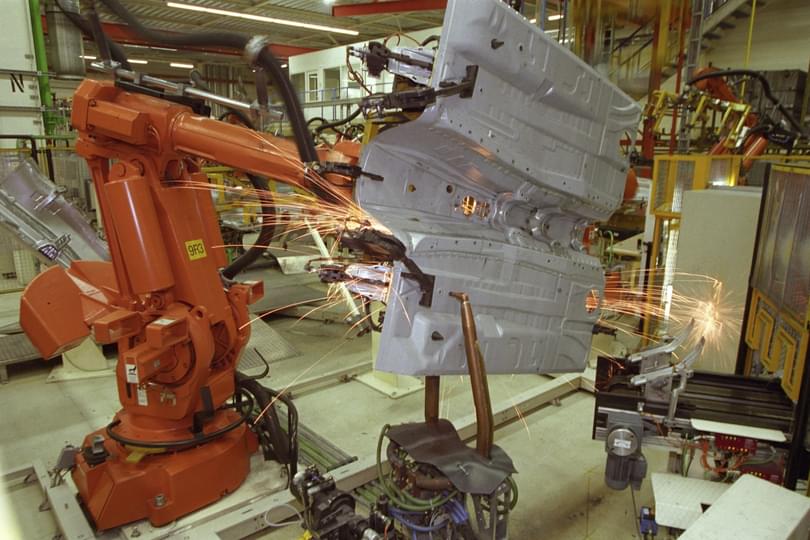
Researchers from the Oxford Martin School have contributed evidence towards a House of Commons Science and Technology Committee report on Robotics and Artificial Intelligence.
The report, published on Wednesday, is intended to ensure government policy surrounding AI is based on sound scientific evidence. It highlights a number of social, ethical and legal questions that require ongoing consideration, particularly the need for transparency, lack of bias, and accountability to be built into AI systems. The report acknowledges that the UK is world-leading when it comes to considering the implications of AI, but stresses the necessity of establishing a standing Commission on Artificial Intelligence to govern development and application in the field.
Also emphasised was the need for a much greater focus on adjusting our education and training systems to keep up with the changing nature of the jobs market. The report recommends the government commit to addressing the digital skills crisis through a Digital Strategy, published without delay. It goes on to recommend the establishment of a Robotics and Autonomous Systems Leadership Council to provide strategic coordination and direction.
Research from Carl Frey and Michael Osborne, Co-Directors of the Oxford Martin Programme on Technology and Employment, was submitted as evidence for the implications of robotics and AI on the future of the UK workforce and job market. Their findings suggest that 35 per cent of today’s jobs in the UK are at high risk of automation in the next 10 to 20 years.
The Future of Humanity Institute also contributed evidence recommending that the UK government take a broad and global view in its approach on AI, as well as proposing the creation of industry and governmental regulatory bodies to ensure safe and responsible development, and the establishment of a standing body – made up of AI researchers, social scientists and ethicists, representatives of industry, and ministries - to enable collaboration between researchers, technologists and policy-makers on AI.